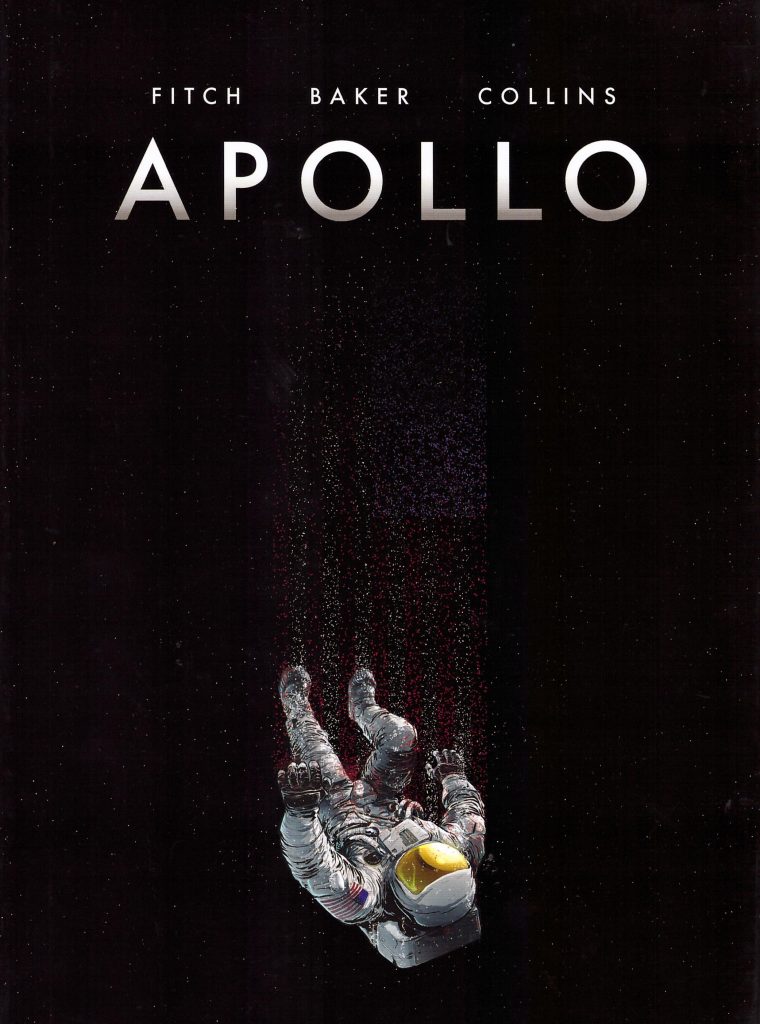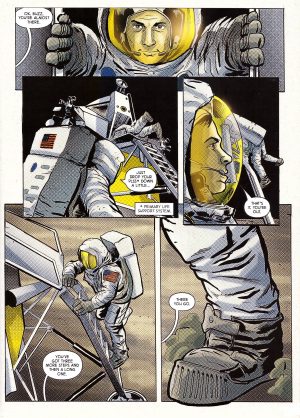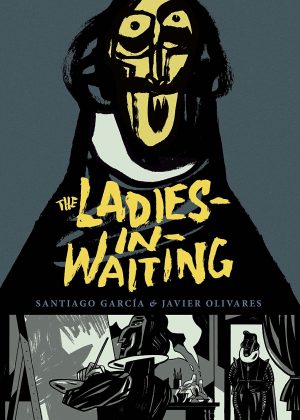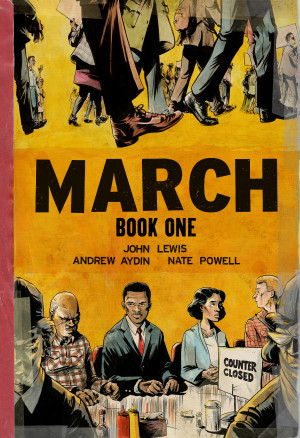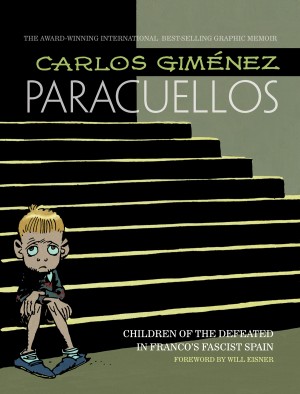Review by Karl Verhoven
Is it because films and TV shows can now routinely and convincingly take us to alien planets that we’ve forgotten the achievement of landing people on the moon? There are pages in Apollo renewing that sense of accomplishment, emphasising the danger of the unknown and the bravery of those facing it. Writers Chris Baker and Matt Fitch also dig deep into the motivations and feelings of the three men involved in the first moon landing in 1969. Buzz Aldrin and Neil Armstrong walked on the moon, and Michael Collins didn’t. They’re transmitted as three very different personalities, united by a willingness to undertake a mission from which they might not return.
It’s Aldrin who comes over as the most interesting, raised by a domineering father, developing the strength to face him down and forge his own path, yet not lacking ego and a sense of entitlement. He’s the only person shown contemplating his place in history, while the more reserved Armstrong has ambition, but also a love of family life.
Delightful as it would have been, Mike Collins the artist is not Michael Collins the astronaut whose tale is told. He confidently lays out the story, reproducing the technology well, is excellent at showing the perilous isolation of the flights, and produces a memorable cover image. Rather strangely for such a good all round performance, Collins’ weakness is being unable to nail a likeness of then American President Richard Nixon, at the time a gift to caricaturists. Whether instructed by Collins or decided by colourist Kris Carter, the choice to render all pages as if those of old four-colour comics is strangely distracting, as the past is effectively evoked without it.
Baker and Fitch’s script enlightens when sticking to historical record, and is humanised by an accumulation of small, telling incidents such as a rehearsal for stepping onto the moon, Nixon’s paranoia, and Aldrin’s youthful attraction to flight. Also commendable is highlighting the importance of Collins as an integral participant rather than a trivia quiz afterthought. While the reproduction of anxiety dreams is a humanising touch, the script puzzles with diversions into more fanciful areas. Playing basketball with the spirit of America as represented by a hippy with long hair, headband and shades is a step too far in personalising the fears of Collins, especially following another such sequence toying with the image of the man in the moon. Providers of hollow mythologising claptrap are abundant in the USA without British writers adding nonsense like “Why it just about makes me do triple backflips to look back over the rich inventive history of these great United States”. The Apollo mission was a confluence of magnificent ambition and immense bravery, and should be celebrated, but not by such blatant jingoism. It’s briefly contrasted by the bigoted attitudes of Americans fighting in Vietnam as the first moon landing happened.
Apollo’s most powerful section picks up with those pages, closing the book and dropping back in on people featured previously as the astronauts prepare to make the equally fraught journey home. It’s novel and very effective. 2019’s fiftieth anniversary of the moon landings will generate masses of print, but how much will be as insightful and evocative as Apollo?
